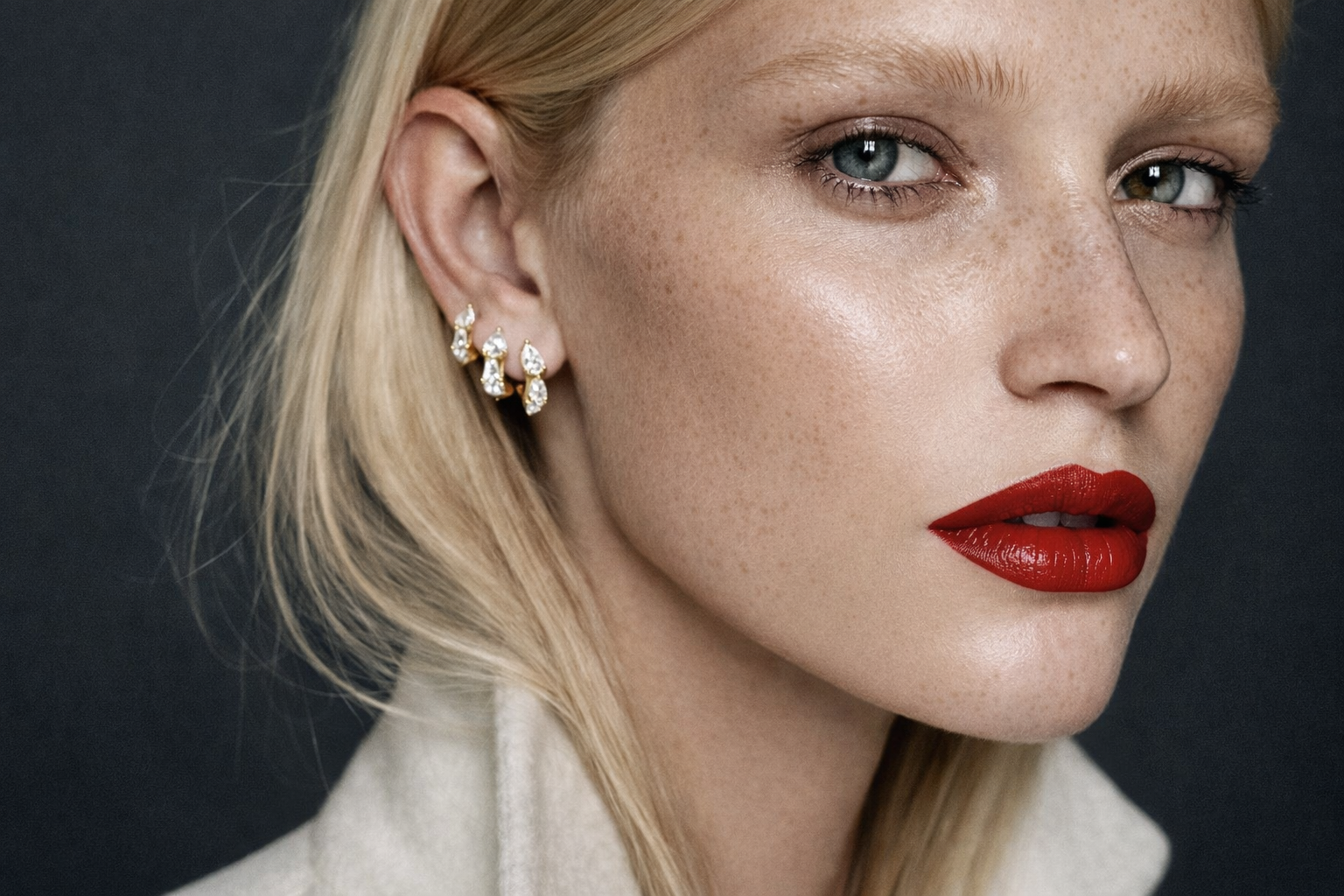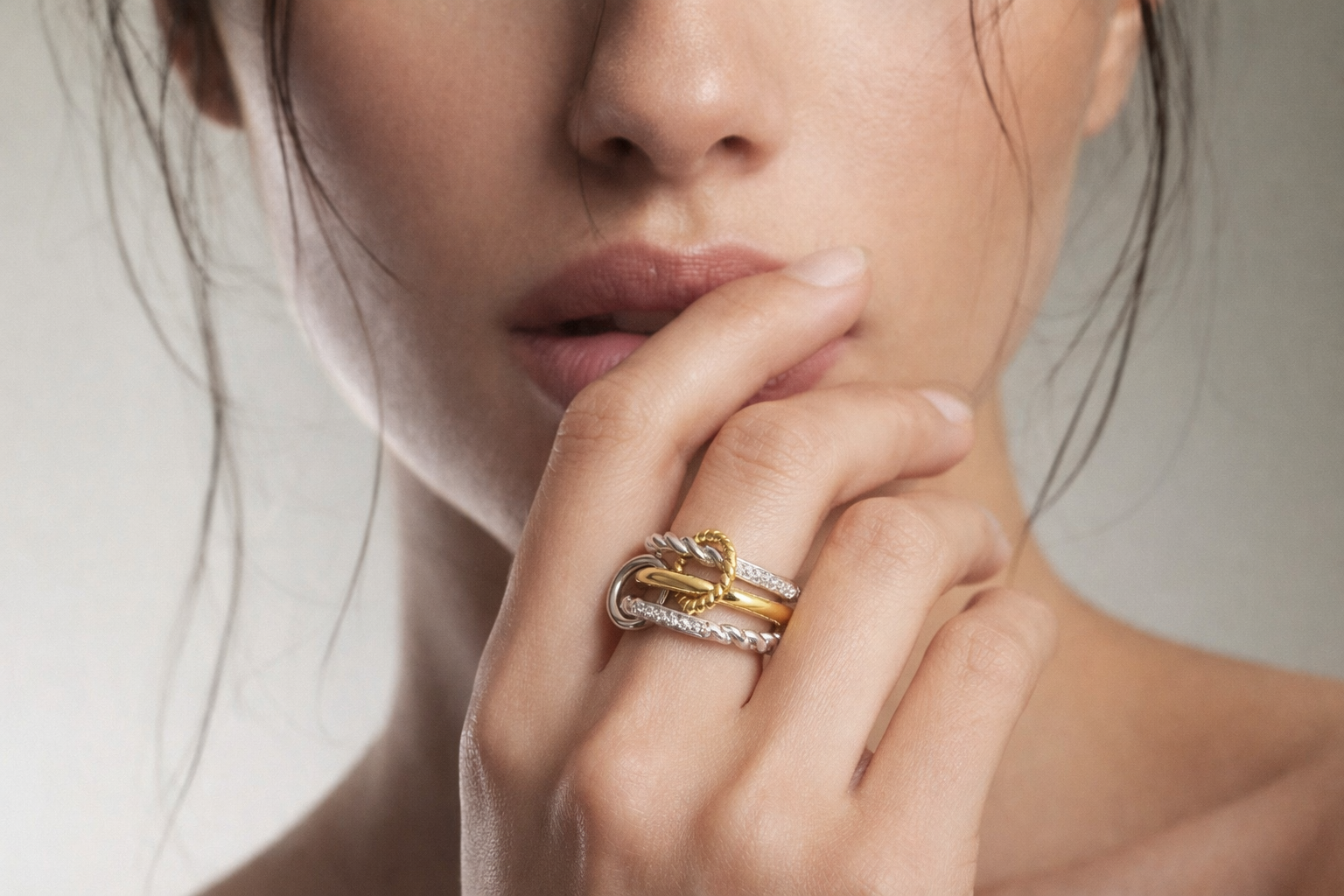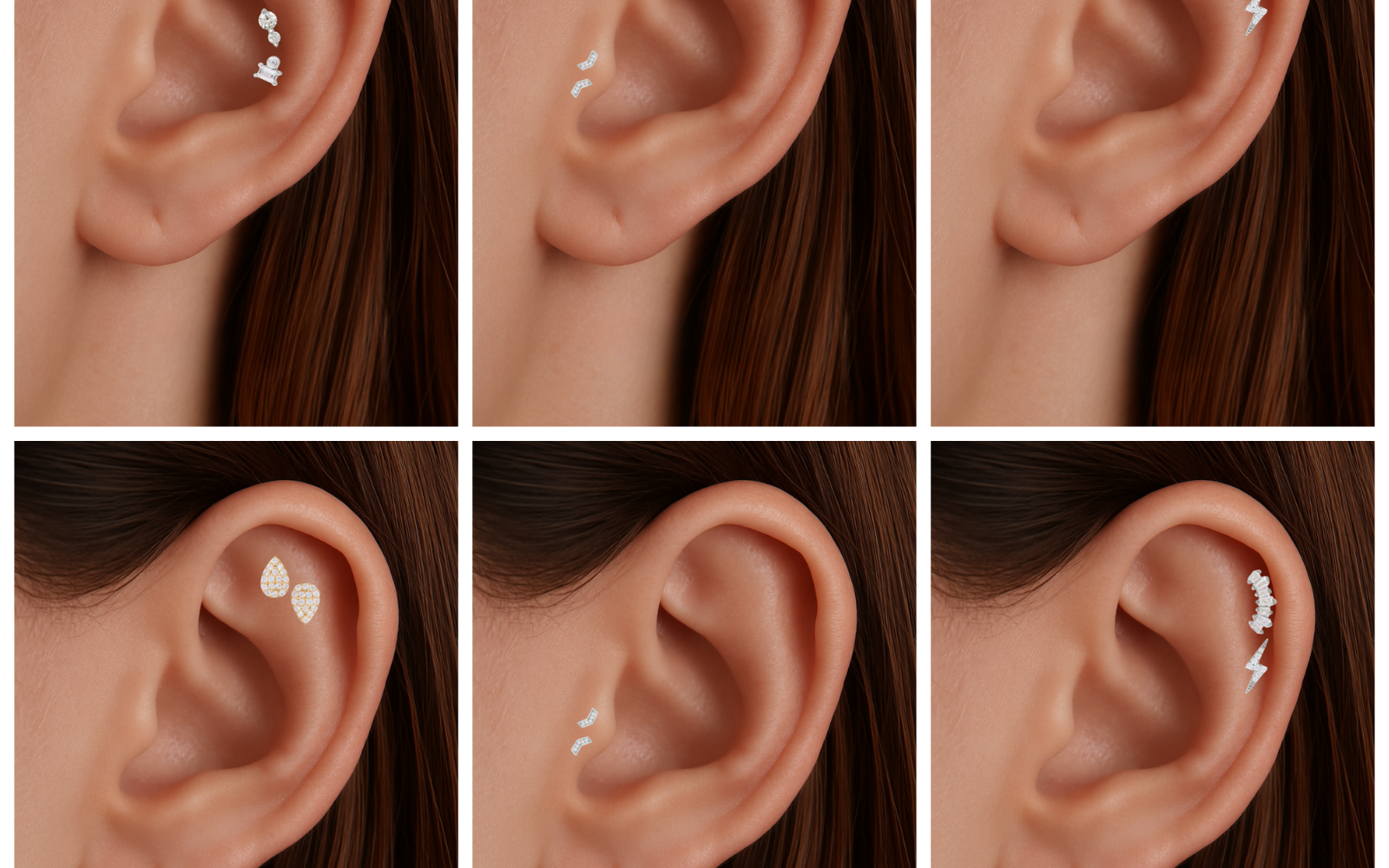
Tragus piercings are a stylish way to express yourself, but they come with risks—especially infections. Whether you’re dealing with a swollen tragus piercing, infected helix piercing, or unexplained pain, this guide covers everything you need to know.
Below, we’ll break down symptoms, treatments, and prevention tips, with answers to the most-searched questions.
Signs Your Tragus Piercing Is Infected
If you’re wondering, “How do I know if my tragus piercing is infected?”, watch for:
- Severe swelling or redness around the piercing site.
- Thick yellow/green discharge (pus) with a foul odor.
- Persistent pain or throbbing, even when untouched.
- A bump or abscess near the piercing (common with tragus infection bumps).
⚠️ When to Worry: If swelling spreads to your ear or neck, or you develop a fever, seek medical care immediately.
Is Your Piercing Infected? 🔍
Your Results
Why Is My Tragus Piercing Swollen?
Swelling is normal in the first 2 weeks, but if it persists (tragus piercing swollen after 2 months), possible causes include:
- Poor aftercare (touching with dirty hands, skipping saline rinses).
- Low-quality jewelry (nickel or non-sterile materials).
- Accidental trauma (snagging earphones, sleeping on the piercing).
- Allergic reactions or bacterial infections.


NAMES OF EAR PIERCINGS

Lobe Piercing
The lobe piercing is the most common type, located on the soft lower part of the ear. Healing time is relatively short, typically 4-6 weeks.
Cartilage Piercing
Cartilage piercings include several types, each offering a unique look:
Helix Piercing
Located on the upper outer edge of the ear's cartilage, helix piercings are popular and versatile.
Daith Piercing
Located in the innermost fold of cartilage, above the ear canal, daith piercings are sometimes believed to help with migraines.
Forward Helix
PiercingFound on the front side of the ear's cartilage fold, near the inner ear, forward helix piercings are stylish and customizable.
Conch Piercing
A conch piercing is situated in the center of the ear's cartilage. It can be either an outer or inner conch piercing.
Tragus Piercing
The tragus piercing is found on the small, protruding piece of cartilage that partially covers the ear canal.
Conch Piercing
A conch piercing is situated in the center of the ear's cartilage. It can be either an outer or inner conch piercing.


- Nostril Piercing: This is the most popular type of nose piercing, typically placed on the curve of the nostril. It can be adorned with various jewelry types, including studs, hoops, and rings.
- Septum Piercing: A septum piercing is placed through the thin strip of flesh in the middle of the nose, between the nostrils. It is increasingly popular due to its versatility and the range of jewelry options available.
- Rook Piercing: This piercing is placed on the anti-helix ridge above the tragus, offering a distinctive appearance.
How to Treat a Swollen or Infected Tragus Piercing
Step 1: Clean Gently
- Use a saline solution (1/4 tsp non-iodized salt + 1 cup warm water) 2–3 times daily.
- Avoid alcohol or hydrogen peroxide—they delay healing.
Step 2: Reduce Swelling
- Apply a cold compress (wrapped in cloth) for 10-minute intervals.
- Elevate your head while sleeping to minimize pressure.
Step 3: Avoid Irritants
- Don’t remove jewelry unless advised by a professional (risk of trapping infection).
- Switch to a hypoallergenic titanium or gold stud if irritation persists.
Step 4: Medical Treatment
For severely infected tragus piercings:
- Topical antibiotics (e.g., bacitracin) for mild cases.
- Oral antibiotics for systemic infections.
- Drainage of abscesses by a healthcare provider.
Tragus vs. Helix Piercing Infections: Key Differences
While both cartilage piercings are prone to infection, helix piercings (outer ear) heal faster due to better airflow. Tragus piercings take 6–12 months to heal fully, increasing infection risks.
Infected Helix Piercing Treatment:
- Follow the same cleaning steps as tragus piercings.
- Use a travel pillow to avoid pressure while sleeping.
FAQs About Tragus & Helix Piercing Infections
@galleriaarmadoro 🚨 Helix Piercing Gone Wrong? Here's How to Avoid Infection & Heal Fast! 🚨 Considering a helix or cartilage piercing? It's important to know what you should and shouldn't do before and after getting pierced to avoid painful infections! 💫 5 Dos for a Healthy Helix Piercing: ✨ Visit a professional piercer for a sterile and safe procedure. ✨ Use a needle, not a piercing gun to prevent trauma to the cartilage. ✨ Clean with saline solution daily to keep the area free from bacteria. ✨ Sleep on the opposite side to avoid pressure and irritation. ✨ Follow your piercer's aftercare advice to the letter for optimal healing. 5 Don’ts to Avoid Infection: 🚫 Don’t twist or touch your new piercing with unclean hands. 🚫 Don’t sleep on your fresh piercing. 🚫 Don’t use alcohol or hydrogen peroxide—these can dry out and damage your skin. 🚫 Don’t remove the jewellery before it’s healed—this can cause reinfection. 🚫 Don’t swim in pools or hot tubs during the healing process.
♬ female rage - bel6va
Prevention Tips for Tragus & Helix Piercings
- Choose a reputable piercer using sterile tools and implant-grade jewelry.
- Wash hands before touching piercings.
- Avoid pools and lakes until fully healed.
- Stick to aftercare routines—no skipping saline rinses!
When to Seek Professional Help
Don’t ignore:
- Swelling that blocks the ear canal.
- High fever or chills.
- Blood or pus soaking through bandages.

Final Thoughts
Most tragus and helix piercing infections resolve with prompt care. Stay vigilant, follow aftercare protocols, and prioritize hygiene. If in doubt, consult a professional—your health is worth it!
Need hypoallergenic jewelry for sensitive piercings?
Explore our collection for safe, stylish options.















